Generator Start or Stop for No Reason
- By BISON
Table of Contents
At BISON, we are often asked, “Why does my generator start or stop for no reason”.
This question is not without merit. Your generator is a complex type of equipment that sits idle most of the time, especially if it isn’t running regularly.
In a power failure, you need to trust that a reliable generator will provide immediate and continuous backup power. If your generator fails to start and stop and doesn’t seem to function correctly, it’s crucial to understand why.
Here’s a quick sample of the problems we hear about starting and stopping generators.
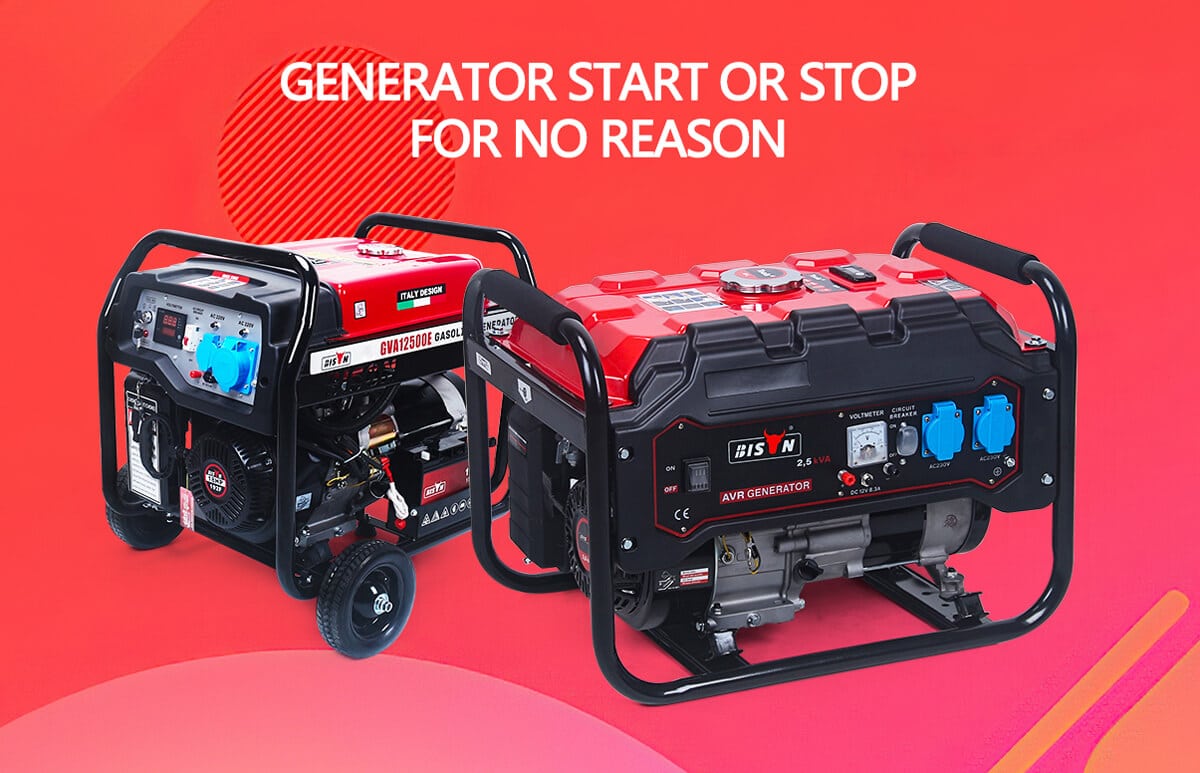
What causes a generator run then shut off?
Mentioned below are causes and solutions for some problems you may encounter with portable generators. While these solutions may seem simple, it’s a good idea to contact or call a professional when experiencing these situations.
Spark plug
Spark plugs play a vital role in starting a generator. If your spark plugs are not right, your generator will crackle and shut down after a few seconds. Sometimes spark plugs just need a good cleaning and other times they need replacing.
Overloading
In the event of an overloading, most generators are programmed to shut down. Available on newer models, this feature keeps your device from being stressed when the system is overloaded.
A simple solution is to reduce the load on the generator and restart it. Familiarity with generator size and capacity can help prevent system overload.
Fuel shut off valve
A fuel shutoff valve allows you to easily control the flow of fuel to the generator engine. A problem many people face is to forget that they closed this valve when storing the generator.
Without opening the fuel shutoff valve, your generator will only turn on for a few minutes. This can be prevented by simply opening the shutoff valve before starting the generator.
Oil level
But if the fuel level is low, ensuring the shutoff valve is in open position will render your efforts useless. A low oil level may cause the generator to shut down. Checking the fuel level before starting the generator can help avoid this inconvenience.
The fuel may have gone bad if your generator has been stored and won’t start. One solution is to empty the tank and carburetor float of any stale fuel and replace it with fresh fuel.
Choke position
The purpose of the choke is to limit the amount of oxygen passing from the carburetor while increasing fuel flow. This is necessary when starting the generator.
In order to successfully start the generator, the choke needs to be in the full choke position. And, after a few minutes, it must be moved to the half choke and into the running position. Failure to make these changes will cause an imbalance between fuel and air, causing the generator to shut down. You need professional advice and assistance if your generator can only run in whole and half choke modes.
Air filter
If the generator engine is not receiving enough air from the surrounding environment, it will automatically shut down. The air filter provides air to the engine that is free of dust and debris. However, a dirty air filter can prevent the correct amount of air from passing and entering the engine. Replacing or cleaning the air filter will fix this problem by restoring airflow.
What if your generator still starts or stops for no reason?
If you’ve tried all of the options above and still facing the problem, there may be a few issues:
- Exhaust failure
- Wiring error
- Engine problem
- Sensor failure
- Block heater failure
Issues like this are beyond the scope of what we’d recommend handy homeowners fix themselves. Unless you have some electrical and engine repair expertise, now is the time to call in a professional.
Conclusion
When your generator starts or stops unexpectedly, first double check the starting process. Make sure you have checked the fuel, oil and choke levels and checked the machine for overloading. If these checks don’t fix the problem, look for more advanced issues, such as spark plug or air filter failure. Remember, knowing your generator is critical to smooth operation, and if you need it, simply contact BISON for professional assistance.
Most Popular Posts
QUESTIONS?
CONTACT US TODAY.
buy?
Related Posts
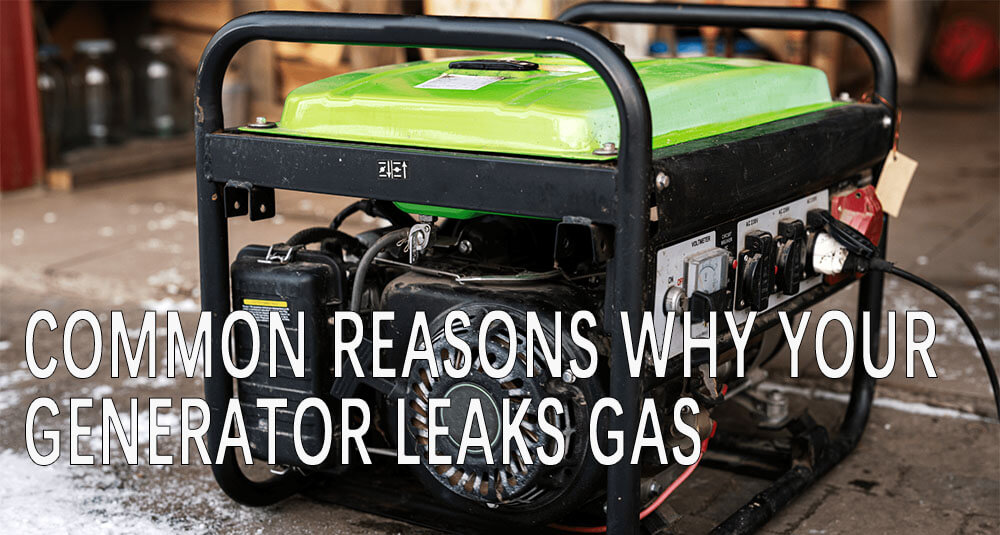
Common reasons why your generator leaks gasoline
In this guide, BISON covers common causes of gasoline leaks, warning signs to watch for, and how to fix the issue.
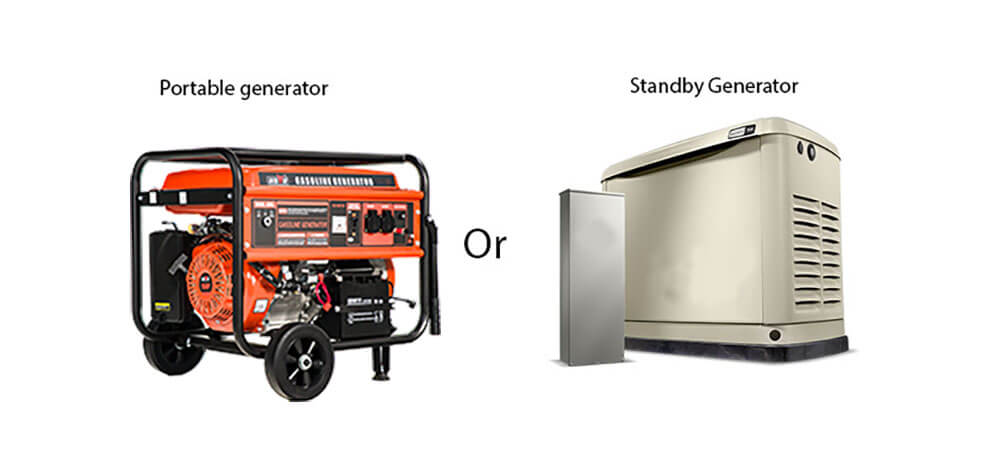
portable or standby generators: which one fits your needs?
This article by BISON breaks down the differences between portable and standby generators. By the end, you’ll find which one fits your needs best.

how to parallel generators: A comprehensive guide
BISON will explain what parallel generators mean and how they work together as a system. We will also focus on the advantages and reliability.
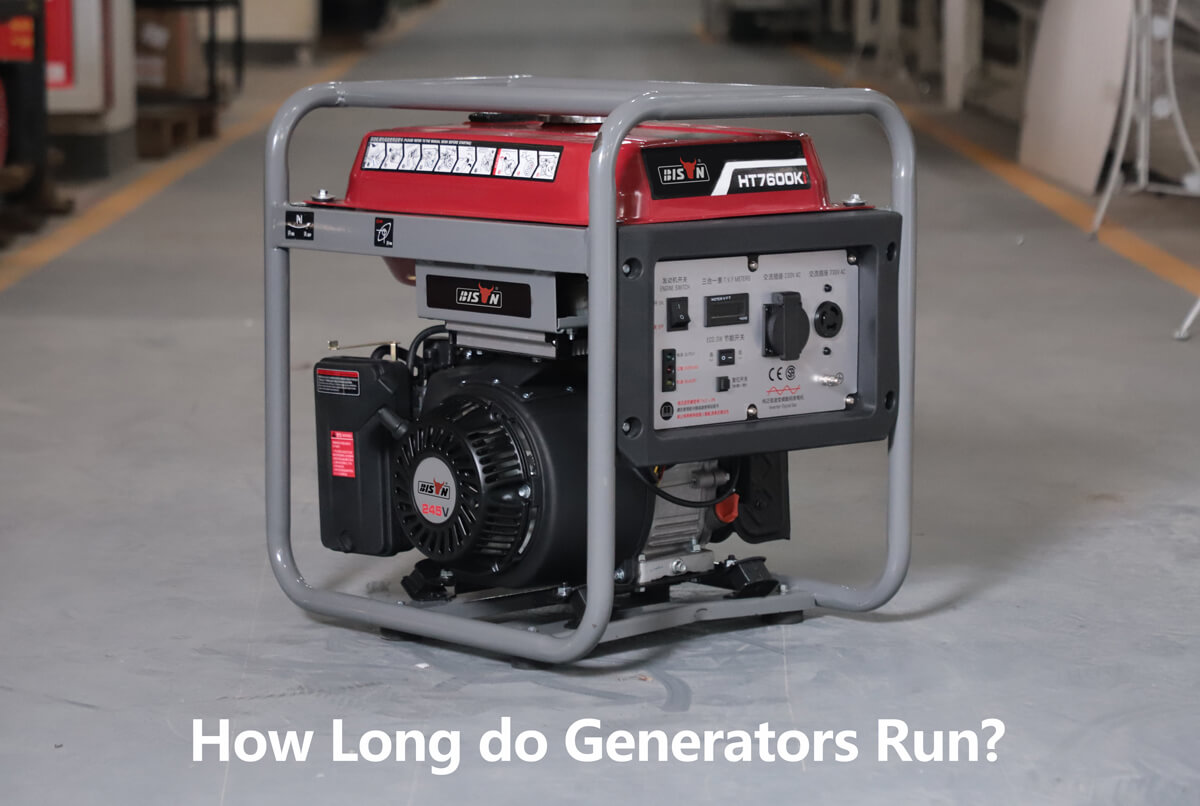
how long do generators run: what you need to know
BISON will dive into everything you need to know about how long a generator runs, helping you choose between generators with different run times.
Related Products
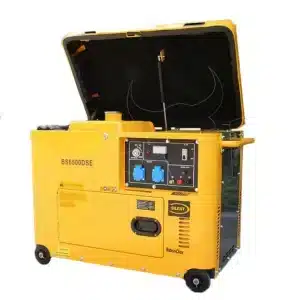
Looking for Diesel Generator 5kva
Looking for Diesel Generator 5kva This is a portable 5kva single-phase diesel generator. Diesel generators are easy
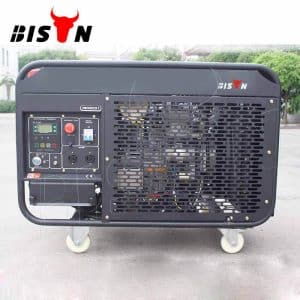
big power diesel electric generator
BISON BS9500DCE is a commercial-grade diesel electric generator that delivers big power when you need
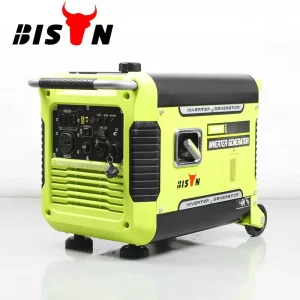
silent gasoline inverter generator for camping
Enjoy a quiet and powerful source of electricity while camping with the BISON BS-Q3000i Silent
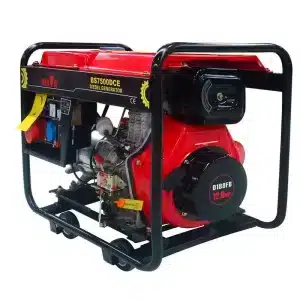
2kva silent smallest diesel generator
2kva silent smallest diesel generator has an intelligent system: it automatically starts when the power
.png)
-qbpqbzxxvtguiuwezisu6wo6j1i29b4m1el1ir1u8o.png)

